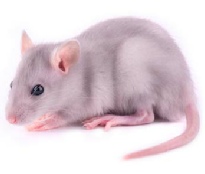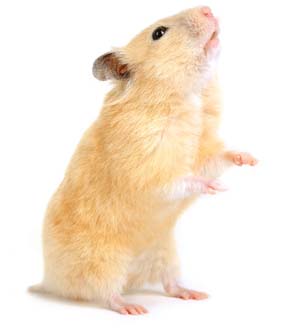Micee
Micee
Caring for your mice

Mice are small rodents who can be very active, generally at night and around dawn and dusk. They are a prey species and therefore prefer to stay close to cover. They are highly motivated to build nests to help them regulate their body temperature and are sensitive to light and noise. They are very quick to move and need to be handled carefully to avoid injuring them.
Environment
Provide your mice with a comfortable, dry, draught-free, clean home-cage in a quiet place where they can rest undisturbed. Make sure that where your mice live is safe, secure and free from hazards. Direct or bright lights should be avoided near the home-cage, however natural day light (not direct sunlight) should be present where they are housed. Make sure that their home-cage is kept away from high pitched sounds, ultrasound, and sudden bursts of noise.
Make sure their cage is clean with dry bedding and nesting material. It is important to maintain a balance between ensuring good health and avoiding excessive disturbance and stress when cleaning. Make sure that cages have good ventilation and air circulation without being draughty.
Provide your mice with objects that can be used as toilet areas or easily marked. This will allow them to communicate by using their odours. These objects should be easily cleaned, and should be cleaned as part of the regular cage cleaning routine.
Health and welfare
Always check your mice regularly. Mice find being caught and handled stressful but it is important to regularly check your mice for health and welfare reasons.
Take your mice for regular checkups with their vet to make sure that they are healthy and happy. Make sure that you are familiar with your mice and how each individual behaves. This will help you notice if any of your mice are behaving differently and can be an early sign that something is wrong. Take your mice to a vet immediately if any of them show any signs of illness. Only use medicines that have been prescribed for your individual mice. Human and other animal medicines can be very dangerous to mice.
Provide your mice with suitable gnawing material to prevent their teeth from growing continuously and causing health problems and pain. Ask your vet to check their teeth, to make sure that they are positioned and growing correctly.
Do not transport your mice unless it is absolutely necessary. If you have to transport your mice make sure you provide for all their needs and that you reduce the stress wherever possible.
Diet
Mice can die if they are deprived of water for even short periods of time. Make sure your mice have access to clean drinking water. Provide water in bottles with metal sipper tubes, and check them daily for leaks and/or blockages. Change their water regularly and clean the bottle and nozzle properly to avoid contamination.
Feed your mice a good quality balanced diet to prevent nutritional related problems. Supplement their diet with small amounts of suitable fresh fruit and vegetables, on occasion, as part of their daily allowance and not in addition.
Scatter portions of their daily food allowance around the cage to encourage foraging behaviour.
Grapes/raisins, rhubarb and walnuts are poisonous to mice, and lettuce can cause them to have diarrhoea.
Mice are coprohagic rodents, this means that they eat their faeces to enable them to absorb essential nutrients such as vitamin B12 and folic acid. Mice must be allowed to engage in coprophagic behaviour.



